5-step History Introductions
Check out this simple and practical approach to structuring your introductory paragraph.
Start Browsing
Start browsing
< Wait, I have a password

to your account
 Facebook
Facebook
< Wait, I don't have a profile yet
Reset Password >
to save your details
 Facebook
Facebook
< Wait, I already have a profile

Start browsing
< Wait, I have a password



No one wants to sit at their desk longer than they have to. How many times have you sat at your desk and read through a chapter or passage, only to get to the end and have no idea what you just read? Most people don’t realise, but your ability to pay attention to something has a huge influence on how much information you can take in during a study session. With a few simple changes, you will not only spend less time at your desk, but also be more effective and achieve more while you study. Sounds pretty good, right?
To be truly effective when we study, we need to isolate the biggest distraction: our phones. For most people, turning their phone off is a bit like asking them to turn their life support off. If you think about it though, every time you check your phone you lose the last 30 seconds to 2 minutes of what you’ve just been studying. Instead of checking Instagram every 5 minutes and lengthening your study session by an hour, use your phone as a reward system: allow yourself to check messages only once you’ve completed a certain amount of study. You’ll not only spend less time at your desk but you’ll be way more effective.
Music is a tricky topic that divides a lot of students when they study. While it helps us get in the zone and concentrate, all we’re actually doing is subconsciously blocking out the music in order to focus on what we’re reading – if that’s the case, then why listen to music in the first place? Most importantly, no school or university allows students to sit an exam while listening to music. With that in mind, why train your brain to have music as a trigger while you study when at the time you need it most it gets taken away? If you absolutely can’t study without music, flick on a song that has no lyrics – that way you’re not training your brain with the same trigger and can hum the tune during the exam to help you focus.
Sitting down to study or revise is all about efficiency. No one wants to sit and study for longer than they have to and multitasking is one of the surest ways to lengthen the time at your desk. Most people think humans are getting better at multitasking – the fact is, we’re not. We’re just getting better at jumping between a bunch of different stimuli at one time, not giving our full attention to one thing. Learning and memorising information is all about directing your full attention to whatever topic you’re studying. If you’re jumping between Facebook, TV, Instagram, Snapchat and your textbook, you’re limiting your ability to remember the information. Do one task with 100% of your attention and spend half the amount of time doing it!
Having the TV on in the background while you study can seem like a good way to keep your brain active and memorise information. Apart from the obvious problems with multitasking mentioned above, there’s an even greater problem with this. In order to learn and memorise information, our brains need to be highly energised and alert. An Australian university conducted research that showed the harder your brain is working, the more energy it emits, and TV is at the bottom of that list.
Exams
Revising
Homework
Reading
Sleeping
Watching TV
Your brain emits less energy when you’re watching television than when you’re asleep. The human brain picks up on the signal that a TV emits, which subconsciously tells your brain to switch off and completely relax. Even if we don’t realise it, having the TV on while we study is just forcing us to spend even more time revising than we normally would. Use TV as a reward and watch a show once you’ve completed a number of questions or a part of an essay.
Getting study done can sometimes be a pretty boring task, particularly if we’re working on a subject we don’t like all that much. Of course, getting pumped up doesn’t mean giving a high five to your parents or smashing a protein shake before you start studying. It might mean doing a few press-ups or star jumps, walking around the block or doing some yoga. Whatever it is, not only does it release endorphins, which biologically help you feel better, it also simply breaks up the monotony of revising/sitting at your desk/going in and out of exams.
If you find yourself revising on the floor or on your bed, surrounded by books and notes and making note-angels on the floor, not only are you making it more difficult to maintain your attention whilst switching from book to book, you’re also encouraging your body to do the thing it does best when lying down – sleep. So if you’re sitting up at a desk, your brain is already pre-disposed for studying and focus, especially if you can do your work somewhere away from your bed like a café, library or even another room in your house.
Just before exams, the temptation can be to cram for long periods at a time. The problem with sitting through long study sessions is that you actually limit the amount of information your brain can retain. The average attention span in high school is around 40mins; anything beyond this and your brain starts to switch off, meaning you’ll have to go back and re-learn anything beyond this point. By limiting your study sessions to 30-40min, you’ll be actively using your brain when it’s at its most effective. If you want to string a few of these sessions together, take a short 3-4min break in between to stay energised and fresh.
We hope this was helpful and if you have any tips of your own or any questions, feel free to leave a comment and we’ll get back to you.
 -
-